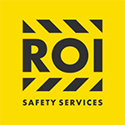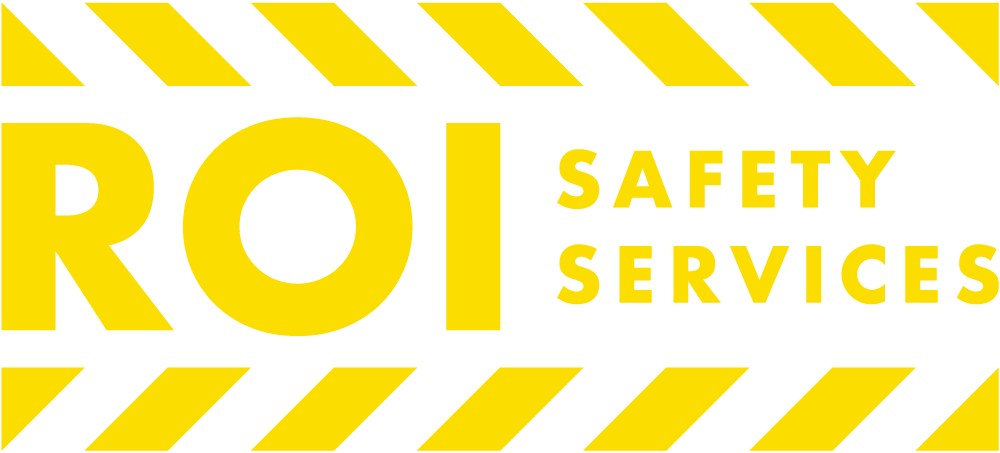
Many industries have unsung heroes. They are the individuals that ensure our safety in the workplace, hospitals, and on job sites. Some work in entry-level roles and never receive the acknowledgment they deserve.
In companies across America, large and small, compliance mandates are set by the Occupational Safety and Health Administration. Due to these government regulations, certifications for safety professionals are available. (Looking to be OSHA certified? We’ve got you covered)
Have you considered elevating your career and moving into a professional role? Here’s a quick guide to professional safety certifications. Keep reading to learn about 11 certifications you can earn to advance your career.
1. Associate Safety Professional (ASP)
An Associate Safety Professional spends at least 50 hours of their job duties overseeing workplace safety. Duties range from developing an emergency response plan to overseeing company safety training. The goal is to determine risk levels.
You need a bachelor’s degree from an accredited university to qualify for the certification. Plus, you can become certified as an ASP with at least one year of work experience in a workplace safety role.
2. Certified Hazardous Materials Manager (CHMM)
Certified Hazardous Materials Manager (CHMM) manages hazardous materials on the worksite. Someone with these credentials often works for a government agency. There are also roles in major corporations that handle hazardous materials.
To earn a safety training certification as a CHMM, you must have a bachelor’s degree. You also need four years of experience working in a hazardous materials role.
3. Certified Industrial Hygienist (CIH)
Safety certification courses for a Certified Industrial Hygienist need a 4-year bachelor’s degree from an accredited university. The degree must be in one of several required fields. These include biology, chemistry, or physics.
Other educational routes will qualify you to sit for the exam. Additionally, you need specified hours of coursework and real-time application in an industrial hygienist’s role.
Industrial hygienists work to improve the safety and health of workplaces in our communities. IH professionals are either engineers or scientists.
4. Certified Safety and Health Manager (CSHM)
A guide to professional safety certifications includes a CSHM. This certification is popular among professionals working in a safety managerial role. It signifies that the person has reached a level of education and experience.
A bachelor’s degree and a minimum of five years of experience are required to take the exam. The experience must come from leadership roles associated with occupational safety and health.
5. Certified Safety Manager (CSM)
A safety manager is a training role responsible for ensuring employees follow health and safety regulations. It can also be a leadership role responsible for workplace policies and training to reduce and eliminate workplace hazards.
To qualify for certification as a safety manager, you’ll need at least five years of experience in a workplace safety role. To obtain a role as a CSM and the level of responsibility, you may be required to have the certification and a master’s degree.
6. Certified Safety Manager Construction (CSMC)
A Certified Safety Manager in Construction is someone in the construction industry responsible for workplace safety. Their main responsibility is to create a safety plan for all construction job sites.
Certification most likely will require post-secondary education. The fields of study include construction management, engineering, and OSHA training.
7. Certified Safety Professional (CSP)
Safety certification courses for Certified Safety Professionals may now require a bachelor’s degree with the Board of Certified Safety Professionals (BCSP). You’ll also need a minimum of four years of in-depth experience in a safety tole.
A CSP certification is geared towards safety professionals in an investigative role. They also perform safety assessments to prevent workplace hazards and accidents.
8. Construction Health and Safety Technician (CHST)
Before a construction company hires someone to oversee health and safety protocols, they may require a Construction Health and Safety Technician certification.
Health and safety certifications are crucial for your professional career. Your hands-on training leads to field assessments to ensure the safety of employees and worksites. You’ll have the credentials to work as a team lead on industry projects.
Requirements to sit for the certification are three years of relevant work experience. Of this, 35% is in construction, in the area of health and safety. The certification also includes a passing score on an extensive exam that tests your knowledge.
9. Certified Healthcare Safety Professional (CHSP)
This health and safety course was established 44 years ago. It sets the standard for healthcare professionals building careers in the area of safety. The certification is geared towards multiple roles, including:
- Biomedical services
- Emergency management
- Infection control
- Occupational health
- Risk management
- and more
The exam includes up to 150 multiple-choice questions in three crucial areas of management and safety.
10. Occupational Hygiene and Safety Technician (OHST)
A guide to professional safety certifications wouldn’t be complete without listing the Occupational Hygiene and Safety Technician. These individuals perform the testing to ensure safety to the public, workers, environment, and workplaces.
You don’t need a college degree to become an OSHT. However, the career path is expedited if you have at least an associate degree.
Candidates for the exam have a minimum of three years of experience in a relevant role. At least 35% of their job duties are related to areas of hygiene and safety.
11. Safety Trained Supervisor Construction (STSC)
If you’re looking to take a leadership role in a construction company, the STSC is the perfect certification. It certifies that you are qualified to oversee the safety of employees and construction job sites.
Candidates are required to have four years of relevant work experience and two years of supervisory experience. It also requires at least 30 hours of additional safety-related training.
Invest in Certifications for Safety Professionals
Today is a great day to explore certifications for safety professionals. Enroll in safety certification courses to advance your career. You can also increase your earning potential.
Are you responsible for your company’s training & development program? At ROI Safety Services, we offer five online courses in safety training. We also offer onsite safety training for your employees.
To learn more, click here to request a custom quote.


Good day
4. Certified Safety and Health Manager (CSHM)
I am based in South Africa. Please advise if whether you have exam centers here in South Africa. How marketable is this certification globally. Please provide information regarding exam fees and in which countries I can be hired with this certification.
Thank you
Eris Nhongo
I have total 32 years of experience in chemical,petrochemical fertilizer industry as a plant operator as well as safety technician in india big scale industry now i am shifted to Usa, now how can i get relevent job
ENQUIRY FOR SATY MANEGER COURESES
CURENTLY WORKING IN RIYADH